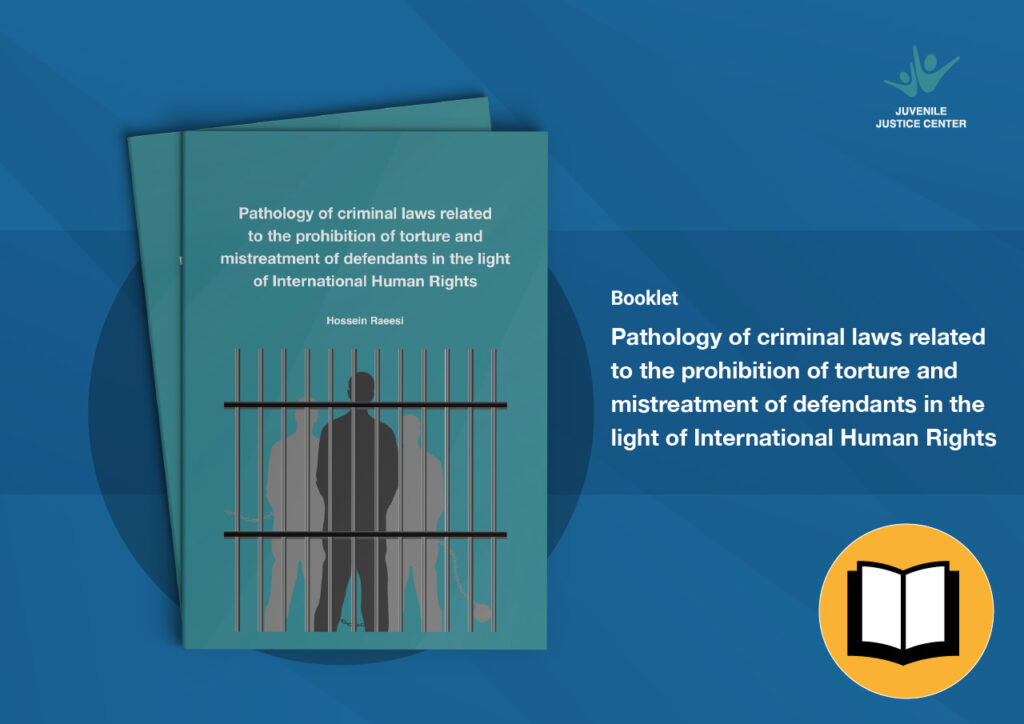Global Child Forum and BCG (Boston Consulting Group) announced that it is releasing one of its largest benchmarks on companies’ incorporation of children’s rights to date. The report, titled “The State of Children’s Rights and Business 2023,” offers a thorough assessment of 795 companies across 28 industries and underscores a significant decrease in corporate responsibility towards children.
Since the last report, published in 2021, the average score for all companies has declined from 5.1 to 4.9, and among the 636 companies in both reports, 368 received lower scores, with only 8% of the bottom 100 improving.
“The collective decline in commitment to children’s well-being is nothing short of alarming and especially as it comes in a time when companies should be surging ahead to meet the Sustainable Development Goals,” says Katarina Mellström, Secretary General of Global Child Forum. “The world’s largest corporations bear an immense ethical responsibility to address the situation and raise the bar.”
The companies surveyed demonstrated their weakest performance in marketplace impact, covering areas such as marketing and labelling. The collective score averaged a mere 2.2 out of 10, leaving significant room for improvement.
The report also shows that while 87% of companies in the benchmark have a child labour policy, only 49% of companies follow up on these policies through audits or other forms of supplier assessments, and a mere 30% report on incidents or risks of child labour. At a time when the number of child labourers has increased to over 160 million, those findings are deeply concerning.
“It is evident that companies are faltering where it counts most, demonstrating the need for a comprehensive approach,” says Johan Öberg, Managing Director and Senior Partner, BCG. “We need to address these shortcomings collectively and individually while recognising that investing in children’s well-being is not just an ethical choice but a non-negotiable necessity for building an enduring business.”
Among the more encouraging discoveries in the report is that 75% of the top 100 companies showed improvement. It seems clear that once a company reaches a certain level of maturity in its approach to children’s rights – when there is a framework in place to balance children’s well-being against short-term profits – improvement becomes the more likely outcome.
The technology and telecommunications sector continues to be the best-performing sector, while the energy and utilities sector has recorded the largest decrease in performance.
Scores by region have shown significant shifts as well and the lowest scores have been registered in the Middle East and North Africa. European companies still hold the highest average score, despite a minor dip since 2021, and are anticipated to solidify their leadership position with the introduction of stricter EU legislation in 2024.
The report also highlights that top-performing companies are spread across various regions and sectors, demonstrating that a commitment to children’s rights is not limited by geography or industry.
Access the full report here.
Source: https://globalchildforum.org




